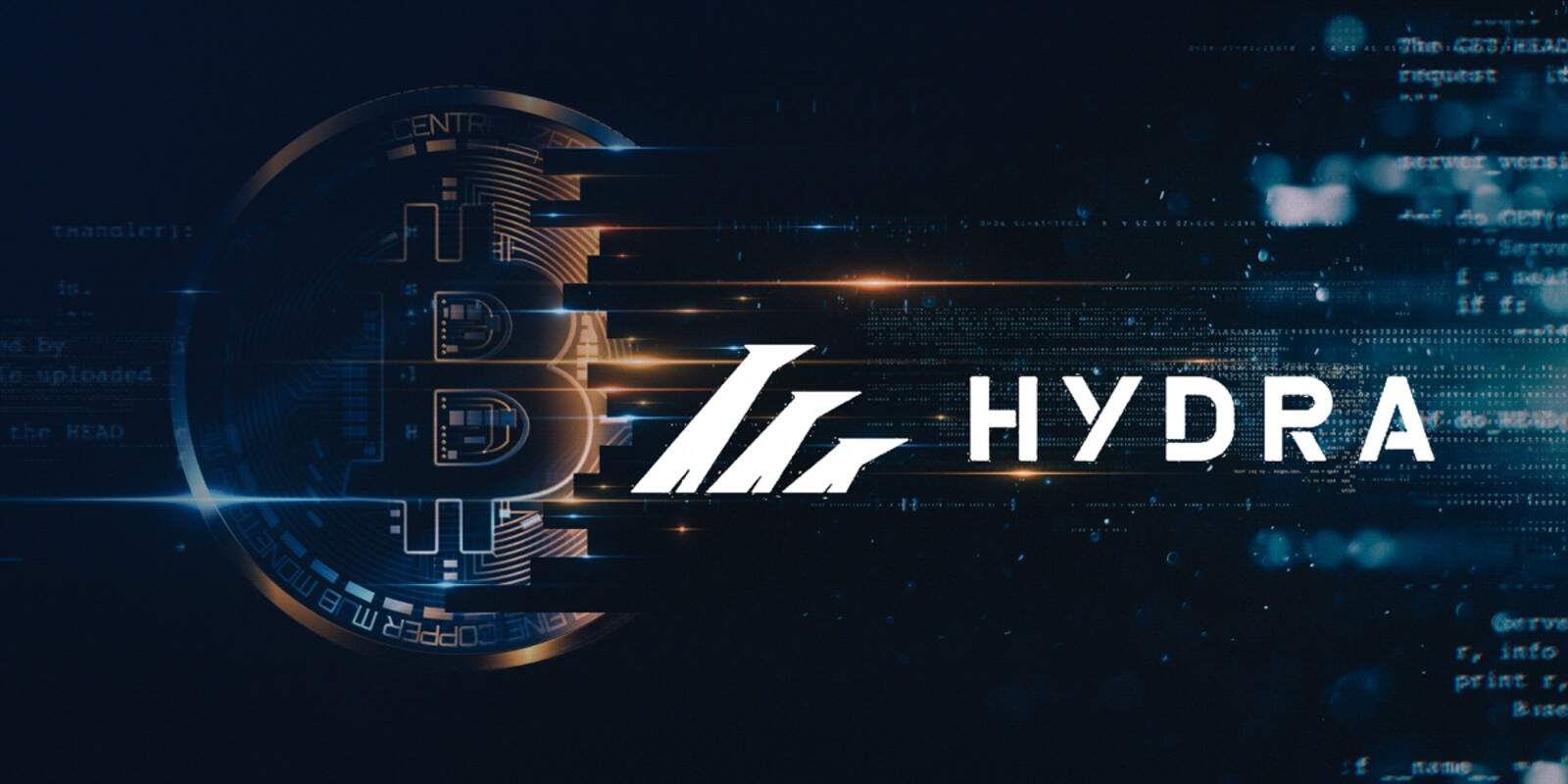Enterprise Explains: Dark Web Marketplaces

Enterprise Explains: Dark Web Marketplaces. German authorities last week shut down Russian-language darknet platform Hydra, seizing its servers along with USD 25 mn in BTC. The crackdown came in coordination with US authorities and was apparently spurred by Russia’s war in Ukraine. But just what are dark web marketplaces, how widespread are they, and what risks do they pose?
In a nutshell: Dark web marketplaces either connect buyers and sellers of semi-legal or illegal items and substances, or sell them directly themselves. They exist on the dark web, which is pretty much what it sounds like: a network of hidden sites that work exactly like the internet we all use, but that don’t show up on conventional search engines. You need a special key to access the dark web, the most common of which is Tor, open source browser technology that allows anonymous dark browsing at no charge, research platform Internet Retailing notes.
What do dark web marketplaces trade in? Anything and everything that the criminal underworld might desire. That includes malware and ransomware kits; illicit substances and chemicals; fraud tools like credit card skimmers and cloning devices; stolen data; hacking, spam and phishing tools; counterfeit electronics and pirated software; tutorials on how to commit fraud or hack into systems; and illicit services from creating customized malware to deploying cyberattacks — and all the way up to guns-for-hire. Payment for goods and services on dark web marketplaces are usually made using anonymous cryptocurrencies like BTC.
It was never meant to be like this: The tech behind the Tor network was created by US defense researchers who were trying to build secure communication channels in the 1990s. That project never materialized, but some of the researchers saw the benefit of anonymous, private, and instant communication for rights activism, and launched Tor as a nonprofit, open-access tool. “The dark net does not intrinsically breed criminal activities,” a 2018 academic study published in Security Journal notes.
The dark web likely won’t feel Hydra’s absence for long: Where one marketplace closes, others usually spring up to take its place, a recent Wired article notes. Many of the most well-known marketplaces have already been shut down, including Silk Road, AlphaBay, and Empire Market, but dark web trade shows no sign of slowing.
So just how big is the global dark web market? It’s hard to say, given that underground marketplaces aren’t in the habit of disclosing their finances. One 2020 study identified 38 dark web marketplaces, though there are likely many more. Silk Road — the marketplace that garnered the most brand recognition before it was closed down in 2013 — served over 100k customers in the two years it was operational and was reportedly a USD 1.2 bn operation at its peak, Wired tells us. Hydra amassed some 17 mn customers and 19k vendor accounts, with authorities estimating that sales reached some EUR 1.2 bn in 2020 alone, according to a Vice article.
Dark e-commerce is a growing industry — and its fuelling a cybercrime boom: BTC transactions on the dark web grew to USD 872 mn in 2018 from USD 250 mn in 2012, according to a 2018 report by crypto-payment analytic firm Chainalysis, cited in an IMF blog post. The boom in dark e-commerce is also partly to blame for a recent surge in global ransomware attacks, which were expected to inflict damages exceeding USD 20 bn in 2021, according to a 2017 report (pdf) by CyberSecurity Ventures — that’s 57 times the costs they inflicted in 2015. It was predicted that these global ransomware damages would cost the world in excess of USD 265 bn by 2031.
Egypt, like much of the region, is seeing a growth in malware attacks: Egypt saw some 42 mn malware attacks in 1H 2021 — a 32% y-o-y increase, according to security intelligence firm Kaspersky. The MENA region as a whole saw some 161 mn attacks, a 17% y-o-y increase.
If they’re that bad, why don’t we shut all the dark webs down? Marketplaces use “cutting-edge security techniques to conceal their identities and hide the locations of their servers, making it virtually impossible for law enforcement agencies to disrupt their activities,” cyber security company ZeroFox says. International regulators, financial institutions, and law enforcement agencies all need to work together across borders to offer data protection and cryptocurrency regulation, and disband dark web marketplaces where possible, the IMF tells us.